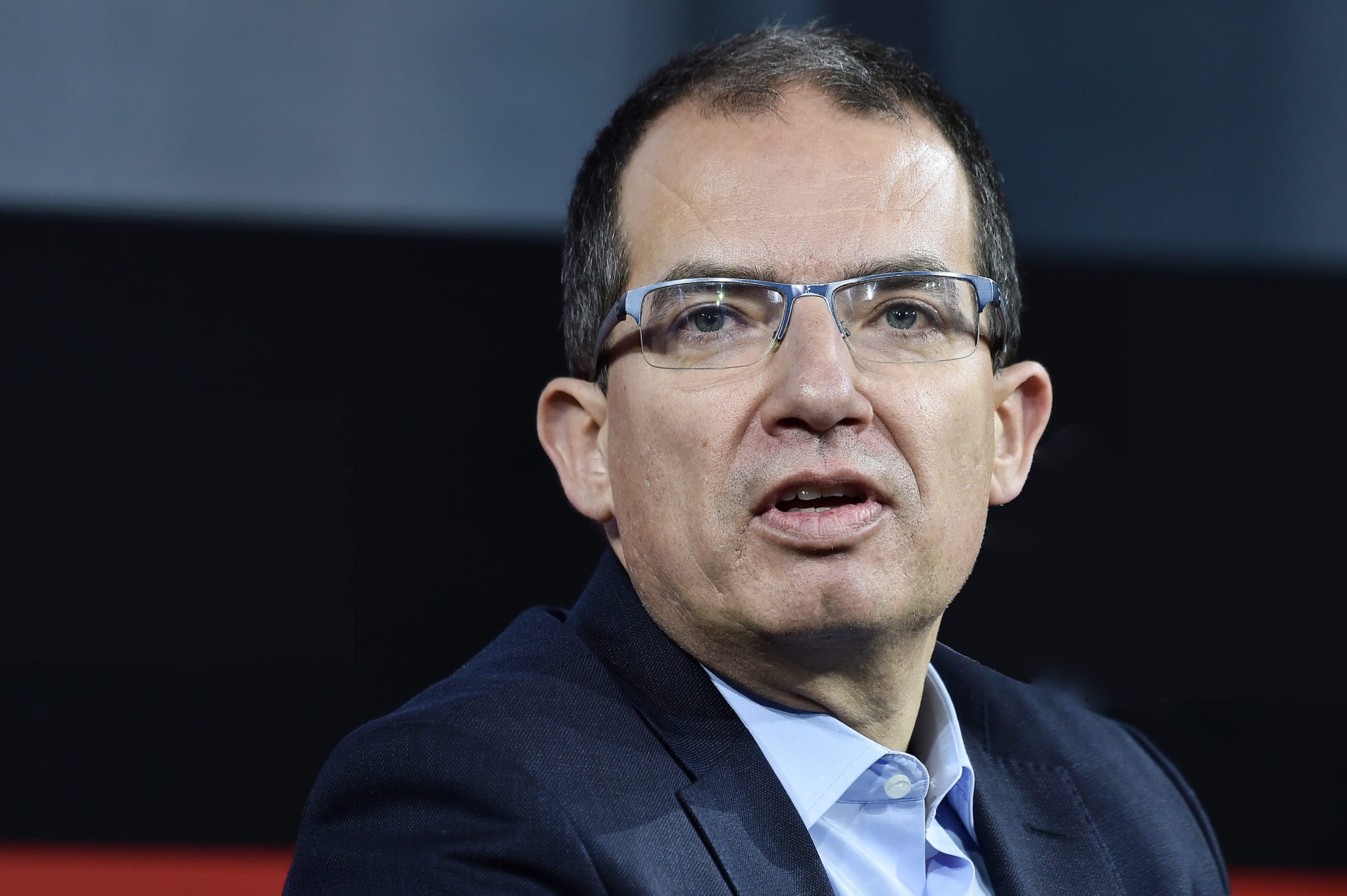
Moderna chips in further on African vaccine supply — but advocates are calling for even more
In a sign of its growing commitment to the continent, Moderna will supply up to 110 million doses of its Covid-19 vaccine to the African Union, the company announced Tuesday. And CEO Stéphane Bancel said it’s just the first step.
“We believe our vaccine can play an important role in addressing the needs of low-income countries given its combination of high Phase 3 efficacy against COVID-19, strong durability in the real-world evidence, and superior storage and handling conditions. We recognize that access to COVID-19 vaccines continues to be a challenge in many parts of the world and we remain committed to helping to protect as many people as possible around the globe,” Bancel said in a statement.
Unlock this article instantly by becoming a free subscriber.
You’ll get access to free articles each month, plus you can customize what newsletters get delivered to your inbox each week, including breaking news.